Trevor Standley
Neural Architecture Search From Fréchet Task Distance
Mar 25, 2021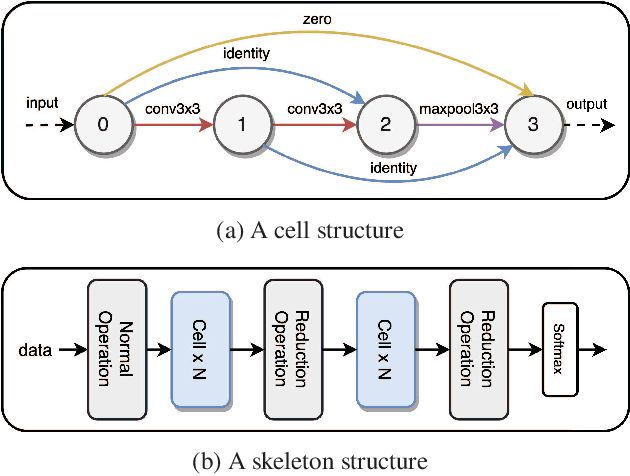

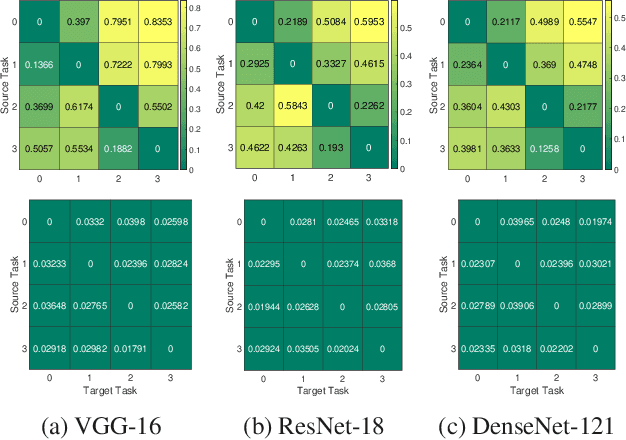

Abstract:We formulate a Fr\'echet-type asymmetric distance between tasks based on Fisher Information Matrices. We show how the distance between a target task and each task in a given set of baseline tasks can be used to reduce the neural architecture search space for the target task. The complexity reduction in search space for task-specific architectures is achieved by building on the optimized architectures for similar tasks instead of doing a full search without using this side information. Experimental results demonstrate the efficacy of the proposed approach and its improvements over the state-of-the-art methods.
Which Tasks Should Be Learned Together in Multi-task Learning?
May 21, 2019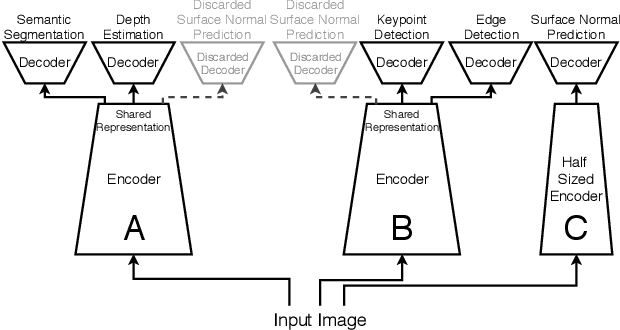
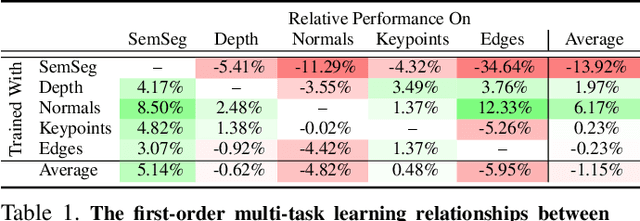
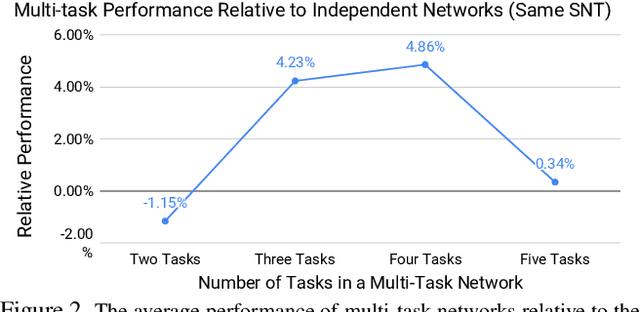
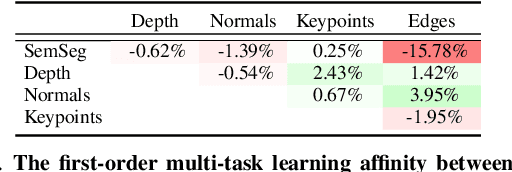
Abstract:Many computer vision applications require solving multiple tasks in real-time. A neural network can be trained to solve multiple tasks simultaneously using `multi-task learning'. This saves computation at inference time as only a single network needs to be evaluated. Unfortunately, this often leads to inferior overall performance as task objectives compete, which consequently poses the question: which tasks should and should not be learned together in one network when employing multi-task learning? We systematically study task cooperation and competition and propose a framework for assigning tasks to a few neural networks such that cooperating tasks are computed by the same neural network, while competing tasks are computed by different networks. Our framework offers a time-accuracy trade-off and can produce better accuracy using less inference time than not only a single large multi-task neural network but also many single-task networks.
 Add to Chrome
Add to Chrome Add to Firefox
Add to Firefox Add to Edge
Add to Edge